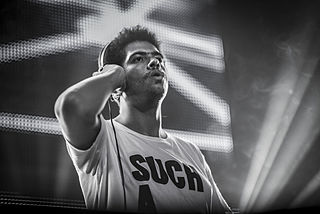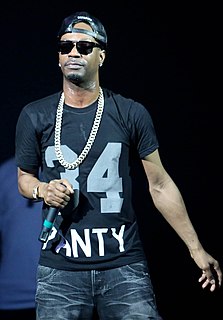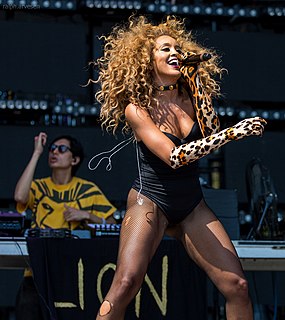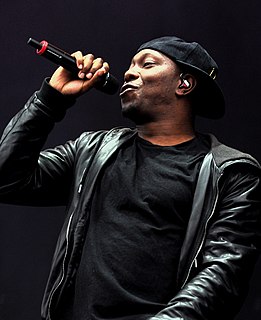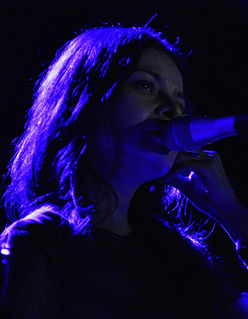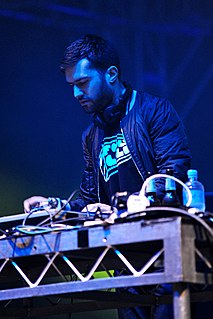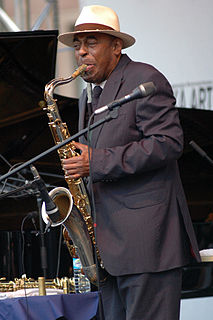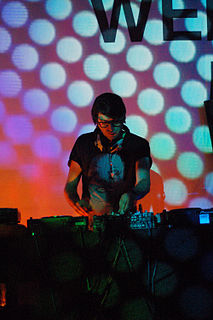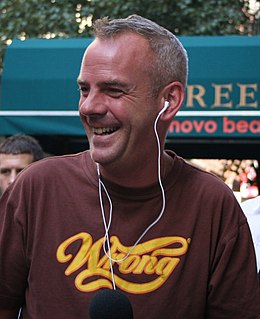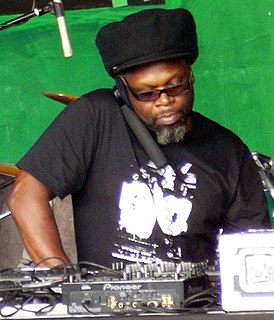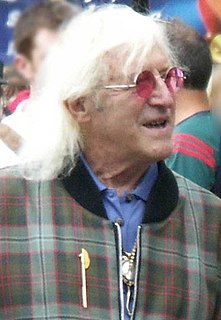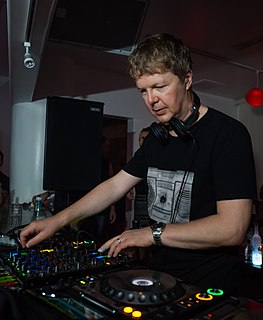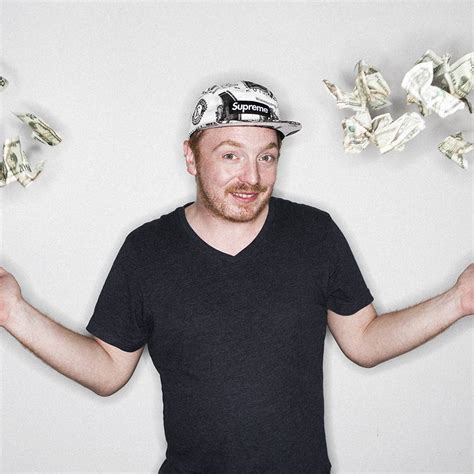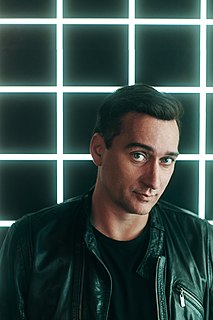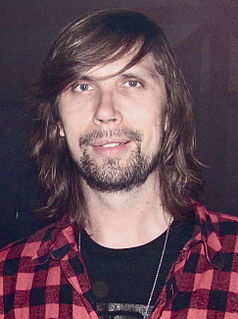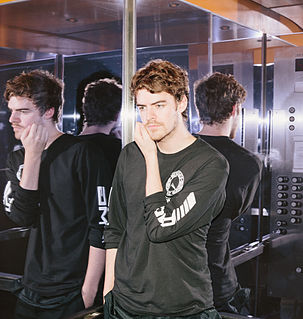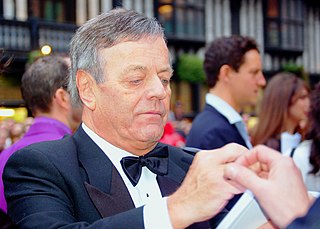A Quote by Seth Troxler
Taking people on a journey is the fundamental element of underground dance music. I don't sell records.
Quote Topics
Related Quotes
We live in an age of music for people who don't like music. The record industry discovered some time ago that there aren't that many people who actually like music. For a lot of people, music's annoying, or at the very least they don't need it. They discovered if they could sell music to a lot of those people, they could sell a lot more records.
You put music in categories because you need to define a sound, but when you don't play it on your so-called radio stations that claim to be R&B or jazz or whatever... All music is dance music. But when people think of dance music, they think of techno or just house. Anything you can dance to is dance music. I don't care if it's classical, funk, salsa, reggae, calypso; it's all dance music.
When I started Fool's Gold and producing consistent records that were like electro beats with rapping on it that was experimental and weird. I made a mixtape called Dirty South Dance where I put rap vocals over dance music. That was literally an experiment. Now all these rappers are rapping on dance music. This is something I've been trying to build for a while.
